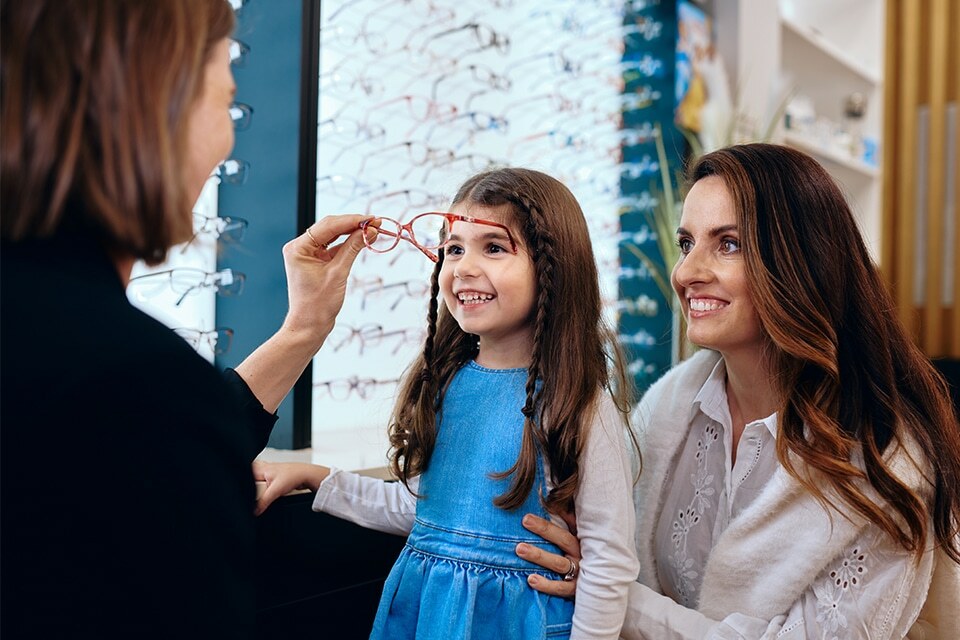Glasses FAQs

In general, glasses/ spectacle prescriptions expire in two years. Your optometrist will include the date of issue and expiry on your prescription.
Your glasses prescription has a column for the left eye and one for the right. Each column includes SPH (sphere) — the power of your lens; CYL (cylinder) — the amount of astigmatism; Axis — where the astigmatism is on your eye; ADD—additional lens power; Prism—if you have double vision; and PD—pupillary distance.
The main difference is because glasses/ spectacles are worn at a distance from the eyes and contact lenses are worn on the surface of the eyes, they contain different vision correction information.
Bifocals lenses are spectacle lenses that have distance-vision correction at the top and near-vision correction at the bottom of the lenses.
Multifocals, also called ‘progressive lenses,’ have distance-vision correction at the top, intermediate correction in the middle of the lens and near-vision correction at the bottom.
Single vision lenses are the most common types of glasses as they provide correction for a single field of vision.
Not wearing your glasses forces your eyes to work harder than they would if you were wearing glasses. For children with amblyopia (lazy eye) or strabismus (cross eyed), not wearing glasses can make their eye health problem worse.
Yes, your Eyecare Plus optometrist can provide you with prescription sunglasses. These are particularly beneficial for driving and sports such as golf. Eyecare Plus has all types of sunglasses and sunglass lenses to provide the perfect fit, function and look for you.
Yes, Eyecare Plus staff can adjust your glasses. Eyecare Plus locations across the country have all the tools on hand to make a quick adjustment. This is usually a complementary service.
The best way to clean your spectacle lenses is to use a microfibre cloth. Using your t-shirt is convenient, but the fabric contains abrasive particles which can scratch the lenses over time.